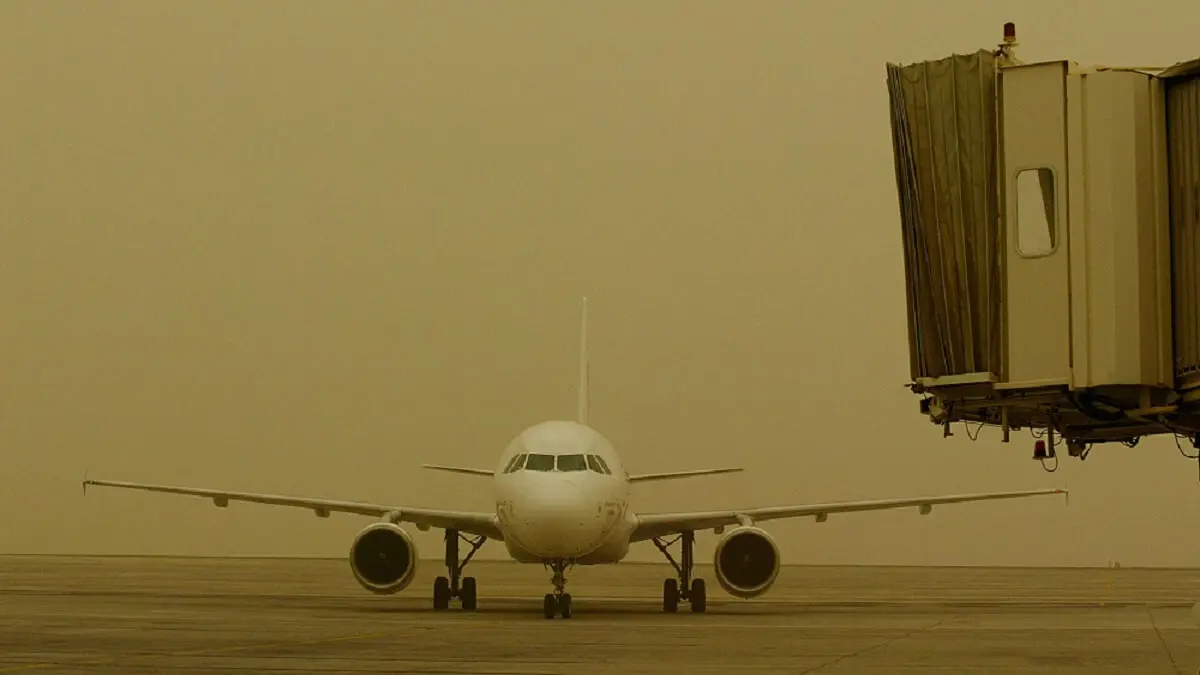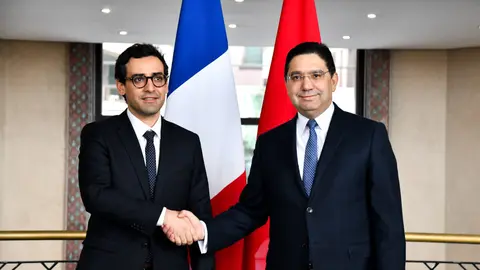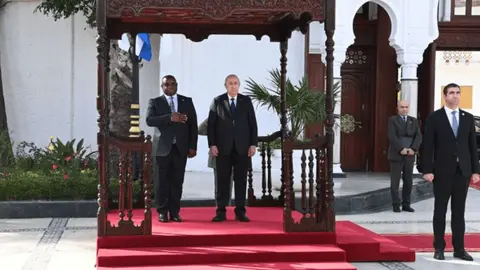Morocco and aspirations over the management of Saharan airspace

Morocco continues its battle to gain full control over Western Sahara, a territory it considers its own and over which it proposes a formula of broad autonomy under Moroccan sovereignty, respecting UN resolutions, in order to resolve the Sahrawi dispute that has lasted for more than four decades since the end of Spain's colonial presence.
The Spanish government has already expressed its support for Morocco's initiative for Western Sahara, which it considers the most serious, credible and realistic way to put an end to the dispute over the Sahrawi territory. This Spanish gesture led to greater diplomatic rapprochement between the two Mediterranean neighbours and fostered a great harmony that led to a roadmap agreed by the Spanish prime minister, Pedro Sánchez, and King Mohammed VI at their meeting in Rabat in March 2022. A roadmap that has marked the diplomatic ties between the two nations in recent months, leading to important agreements and even a High Level Meeting held in Rabat in February 2023 that resulted in important agreements on various matters, under the supervision of Pedro Sánchez himself and the head of the Moroccan government, Aziz Akhannouch.
Moroccan aspirations over the management of Saharan airspace
One of the issues of interest to the Moroccan kingdom is the management of Western Saharan airspace. Rabat intends to exercise full sovereignty over the so-called southern provinces and this includes control of the area's airspace.
The positive atmosphere in Moroccan-Spanish relations has reinforced the willingness of the two countries to address issues still pending, such as the management of Moroccan Saharan airspace, which for decades has been under Madrid's supervision, bearing in mind that Spain had colonial control of the territory as the former metropolis.

According to media reports, such as Al Arab and Morocco World News, the Spanish government could cede the management of Saharan airspace to Morocco after decades of control by the Spanish Ministry of Transport, through the air traffic control centre in the Canary Islands. Thus, for decades, Saharan airspace has been managed from the Canary Islands, as established by the UN's International Civil Aviation Organisation. It is managed by ENAIRE, a public company belonging to the Ministry of Transport. The airspace is de facto controlled by Spain, as a protectorate state over the territory.
In the current context of good Spanish-Moroccan diplomatic relations, the Spanish government acknowledged a few months ago that it had begun talks with Rabat on the transfer of airspace management in Western Sahara and the establishment of significant coordination between the two parties with the aim of achieving greater security in connections and technical cooperation, as reported by Confidencial Digital.
Coinciding with the visit of President Pedro Sánchez to King Mohammed VI in Rabat, Confidencial Digital itself reported that the Spanish government is moving to hand over the management of airspace in the Western Sahara region to the Kingdom of Morocco.

According to diplomatic sources consulted by Confidencial Digital, the transfer to Morocco of the management of Western Sahara's airspace was a condition set by the monarch Mohammed VI for reopening the customs offices of Ceuta and Melilla, something that is still awaiting a specific date.
On this issue, Mohammed Tayyar, a researcher in security and strategic studies, considers that the air border demarcation dossier is linked to a technical issue, as Spain has been supervising aviation security in Western Sahara since the 1940s, but Morocco in reality exercises full sovereignty over air navigation in the Sahara, as Moroccan military aircraft are linked only to towers in the region, and civil aviation is linked to Moroccan control and management points.
"The dossier is of a technical nature and should be resolved between the two countries in the near future, given that Morocco exercises its sovereignty over air navigation at the same time as Spain benefits from many privileges and taxes by virtue of being accountable to the international authority responsible for aviation and air navigation," this expert told Al Arab.










